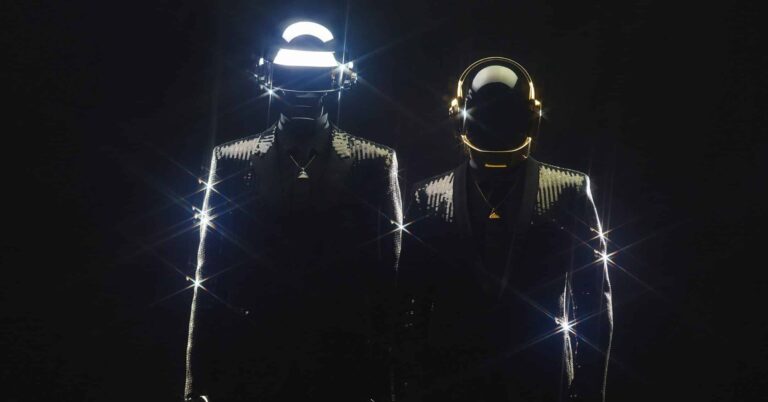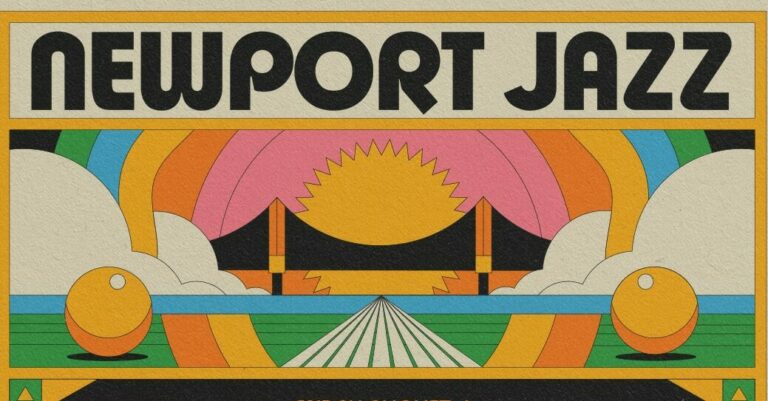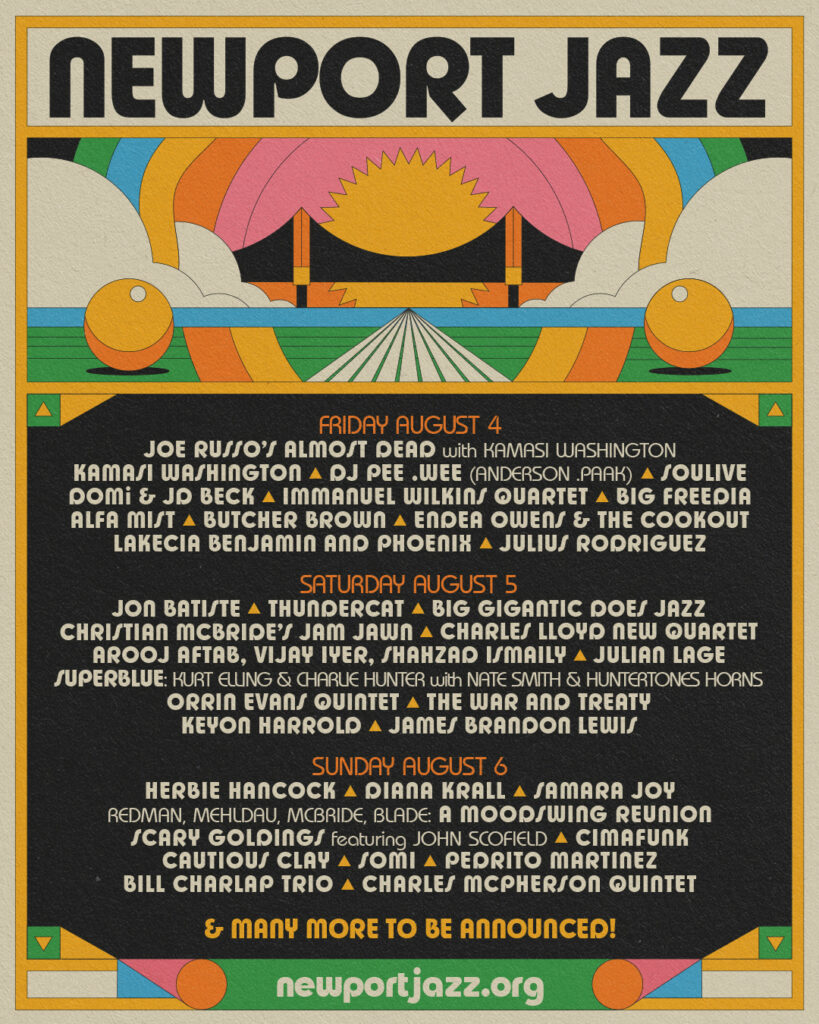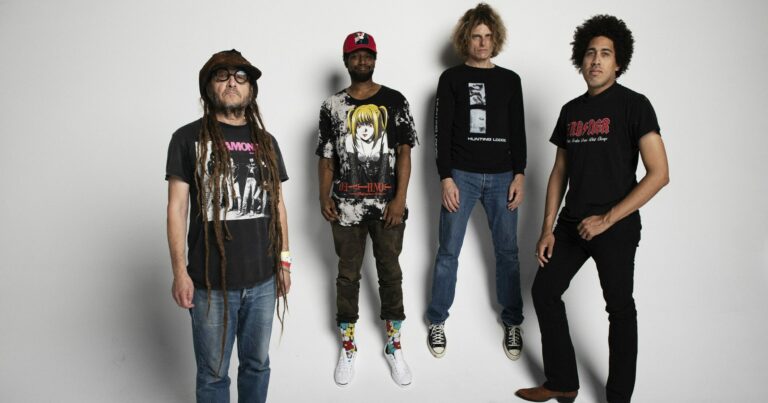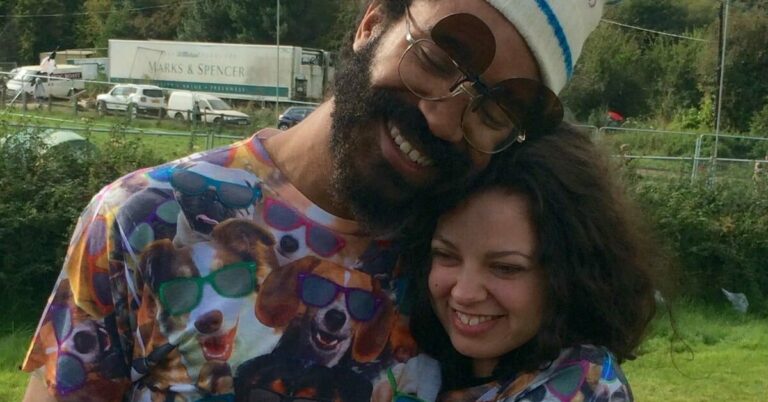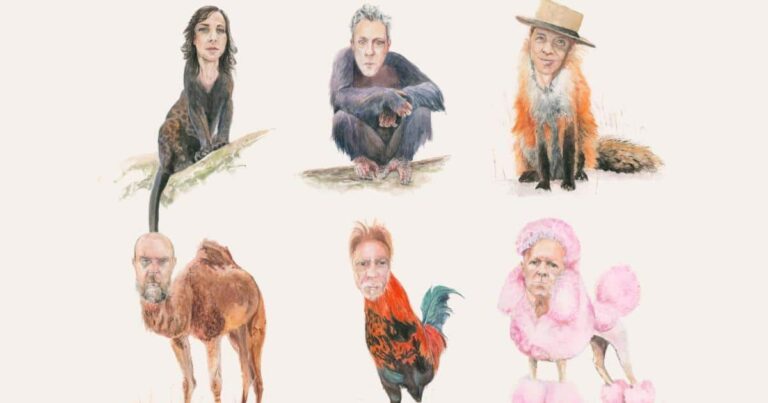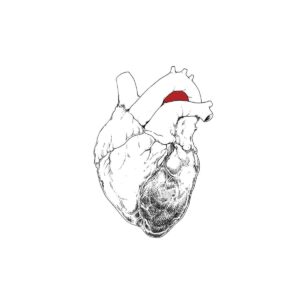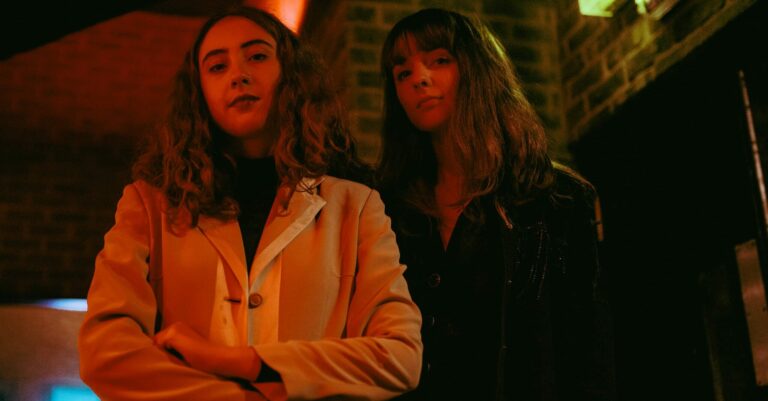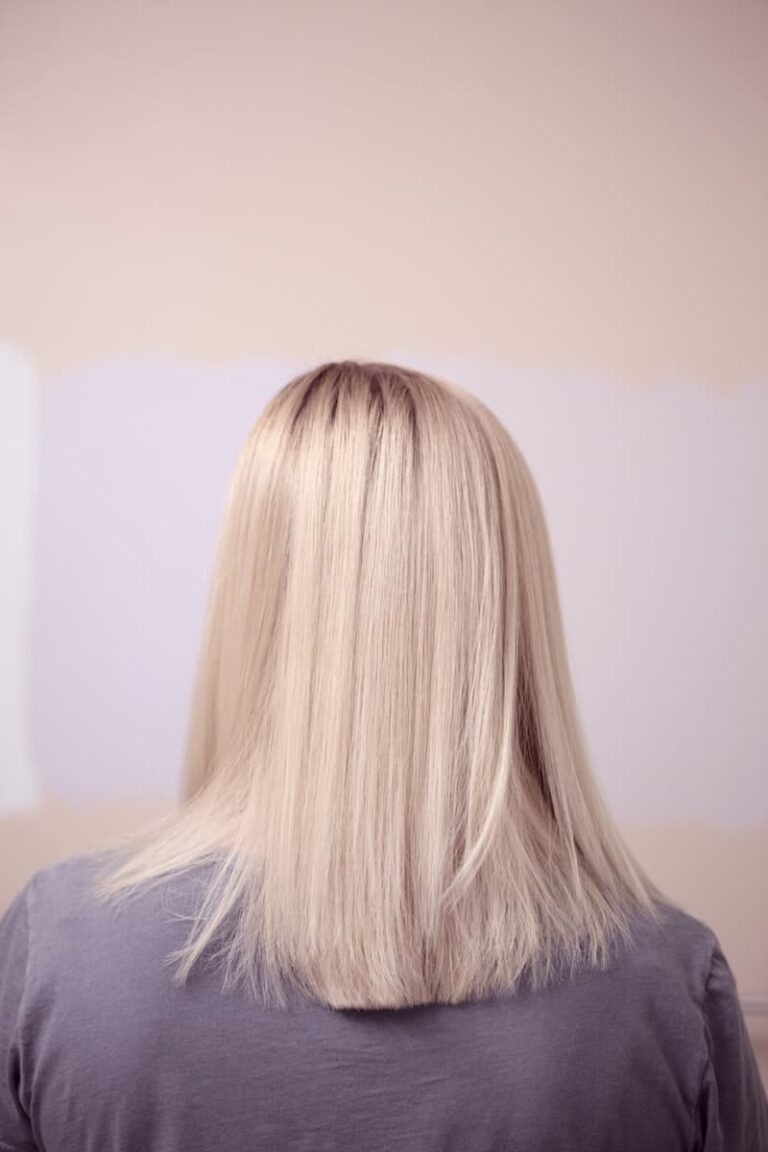Are you tired of struggling to achieve the perfect hairstyle? Do you want to change up your look without damaging your natural hair? Look no further than HD lace wigs! These high-quality wigs are a game-changer in the world of hair extensions. But with so many options on the market, how do you know which one to choose? That’s where this comprehensive review comes in. We’ll take a deep dive into the world of HD lace wigs, exploring their benefits, different types, and how to care for them. Whether you’re a seasoned wig wearer or a newbie to the game, this guide has everything you need to know to get the perfect look with HD lace wigs. So sit back, relax, and let’s dive into the world of HD lace wigs!
Benefits of HD lace wigs
HD lace wigs are quickly becoming a popular choice for those who want to achieve the perfect look without damaging their natural hair. Here are some of the benefits of HD lace wigs:
1. Natural Look
One of the biggest benefits of HD lace wigs is that they give a natural look. The lace material used in these reddish brown wig is extremely thin and transparent, which makes it blend in seamlessly with your scalp. As a result, it’s almost impossible to tell that you’re wearing a wig.
2. Versatility
Another benefit of HD lace wigs is their versatility. You can style them just like your natural hair, which means you can change up your look as often as you want without damaging your natural hair. Whether you want to try out a new hair color or a different hairstyle, HD lace wigs allow you to experiment with your look without any commitment.
3. Durability
HD lace wigs are also known for their durability. These wigs are made from high-quality materials that can withstand the wear and tear of daily use. With proper care, an HD lace wig can last for months or even years, making it a worthwhile investment.
4. Comfort
Comfort is another benefit of HD lace wigs. The lace material used in these wigs is soft and breathable, which means that you won’t experience any discomfort or irritation even if you wear the wig for extended periods.
5. Confidence
Finally, HD lace wigs can help boost your confidence. Whether you’re dealing with hair loss or just want to switch up your look, wearing an HD lace wig can give you the confidence you need to face the world.
Different types of HD lace wigs
There are several different types of HD lace wigs available on the market. Here are some of the most popular types:
1. Full lace wig
A full lace wig is a wig that is made entirely out of lace. This means that the entire wig cap is made of lace, which allows for maximum breathability and comfort. Full lace 16 inch body wave wig are also very versatile and can be styled in various ways.
2. Lace front wig
A lace front wig is a wig that has lace only at the front of the wig cap. The rest of the cap is made of a different material, such as a stretchy material that can conform to your head shape. Lace front wigs are a popular choice because they are more affordable than full lace wigs but still provide a natural-looking hairline.
3. 360 lace wig
A 360 lace wig is a wig that has lace all around the perimeter of the wig cap. This means that you can part your hair in any direction and still achieve a natural look. 360 lace wigs are also very versatile and can be styled in various ways.
4. U-part wig
A U-part wig is a wig that has a U-shaped opening at the top of the wig cap. This allows you to leave a small section of your natural hair out at the top of the wig, which gives a more natural look.
5. 4×4 lace closure wig
A 4×4 lace closure wig is a wig that has a small piece of lace at the top of the wig cap, usually 4×4 inches in size. This allows for a natural-looking parting space, but the rest of the wig cap is made of a different material.
How to choose the right HD lace wig for you
Choosing the right HD lace wig can be a daunting task, especially if you’re new to the world of wigs. Here are some tips to help you choose the right HD lace wig for you:
1. Consider your lifestyle
When choosing an HD lace wig, it’s important to consider your lifestyle. If you’re someone who is always on the go, you might want to opt for a wig that requires minimal styling. On the other hand, if you have more time to devote to styling your hair, you might want to choose a wig that allows for more versatility.
2. Consider your budget
HD lace wigs can range in price from affordable to very expensive. It’s important to set a budget for yourself before you start shopping for a wig. Keep in mind that while a more expensive wig might last longer, it might not be worth the investment if it doesn’t fit your needs.
3. Consider your hair type
When choosing an HD lace wig, it’s important to consider your hair type. If you have thick hair, you might want to choose a wig that is thicker and has more density. On the other hand, if you have thin hair, you might want to opt for a wig that is lighter and has less density.
4. Consider the length and color
Finally, when choosing an HD lace wig, it’s important to consider the length and color. You want to choose a wig that matches your natural hair as closely as possible. If you’re unsure about which color to choose, consider purchasing a wig that is a shade lighter or darker than your natural hair color.
How to care for your HD lace wig
Caring for your HD lace wig is essential if you want it to last for a long time. Here are some tips for caring for your HD lace wig:
1. Wash your wig regularly
It’s important to wash your HD lace wig regularly to keep it clean and free from dirt and oil buildup. You should wash your wig every 2-4 weeks, depending on how often you wear it.
2. Use the right products
When washing your HD lace wig, it’s important to use the right products. You should use a shampoo and conditioner that are specifically designed for wigs. Avoid using regular hair care products, as they can damage the wig’s delicate lace material.
3. Store your wig properly
When you’re not wearing your HD lace wig, it’s important to store it properly. You should store your wig on a wig stand or mannequin head to help maintain its shape. Avoid storing your wig in a tight space, as this can cause the wig to lose its shape.
4. Avoid heat styling
While HD lace wigs are very versatile, it’s important to avoid heat styling your wig too often. Heat can damage the wig’s delicate lace material, so it’s best to limit heat styling to special occasions.
5. Protect your wig from the elements
Finally, it’s important to protect your HD lace wig from the elements. Avoid wearing your wig in extreme weather conditions, such as rain or snow. If you do need to wear your wig in these conditions, be sure to protect it with a hat or umbrella.
Tips for styling your HD lace wig
Styling your HD lace wig is a great way to change up your look. Here are some tips for styling your wig:
1. Use a wig cap
Before you put on your HD lace wig, be sure to wear a wig cap. This will help keep your natural hair in place and prevent it from poking through the wig.
2. Use heat protectant
If you do decide to heat style your HD lace wig, be sure to use a heat protectant spray. This will help protect the wig’s delicate lace material from damage.
3. Use a wig brush
When styling your HD lace wig, be sure to use a wig brush. This will help prevent tangles and keep your wig looking its best.
4. Experiment with different styles
Finally, don’t be afraid to experiment with different styles. HD lace wigs allow for a lot of versatility, so try out different hairstyles to find the one that suits you best.
Common misconceptions about HD lace wigs
There are several misconceptions about HD lace wigs that are worth addressing. Here are some of the most common misconceptions:
1. HD lace wigs are only for people with hair loss
While HD lace wigs can be a great solution for those dealing with hair loss, they’re also a great option for anyone who wants to switch up their look without damaging their natural hair.
2. HD lace wigs are difficult to care for
While caring for an HD lace wig does require some extra effort, it’s not overly difficult. With the right products and a little bit of patience, anyone can care for an HD lace wig.
3. HD lace wigs are noticeable
One of the biggest benefits of HD lace wigs is that they’re almost impossible to detect. With the right installation and proper care, no one will be able to tell that you’re wearing a wig.
Reviews of popular HD lace wig brands
There are several popular HD lace wig brands on the market. Here are some reviews of popular brands:
1. RPGShow
RPGShow is a popular brand that specializes in high-quality HD lace wigs. Their wigs are known for their natural look and durability.
2. Divas Wigs
Divas Wigs is another popular brand that offers a wide range of HD lace wigs. Their wigs are known for their versatility and affordability.
3. Eva Wigs
Eva Wigs is a popular brand that offers both full lace and lace front wigs. Their wigs are known for their natural look and high-quality construction.
Comparison of HD lace wigs to other types of wigs
While HD lace wigs are a great option, there are several other types of wigs on the market. Here’s how HD lace wigs compare to other types of wigs:
1. Synthetic wigs
Synthetic wigs are more affordable than HD lace wigs, but they don’t look as natural. They’re also not as durable as HD lace wigs and can’t be heat styled.
2. Human hair wigs
Human hair wigs are more expensive than HD lace wigs, but they look and feel more natural. However, they do require more maintenance and can’t be heat styled as often as HD lace wigs.
3. Traditional lace wigs
Traditional lace wigs are similar to HD lace wigs, but they’re not as thin or transparent. This means that they’re not as natural-looking as HD lace wigs.
Conclusion: Why HD lace wigs are the perfect solution for achieving the perfect look
HD lace wigs are a game-changer in the world of hair extensions. They’re natural-looking, versatile, and durable, making them the perfect solution for achieving the perfect look. Whether you’re dealing with hair loss or just want to switch up your look, HD lace wigs are a great option. By following the tips in this guide, you can choose the right HD lace wig for you and care for it properly to ensure that it lasts for a long time. So why wait? Try out an HD lace wig today and see the difference for yourself!

